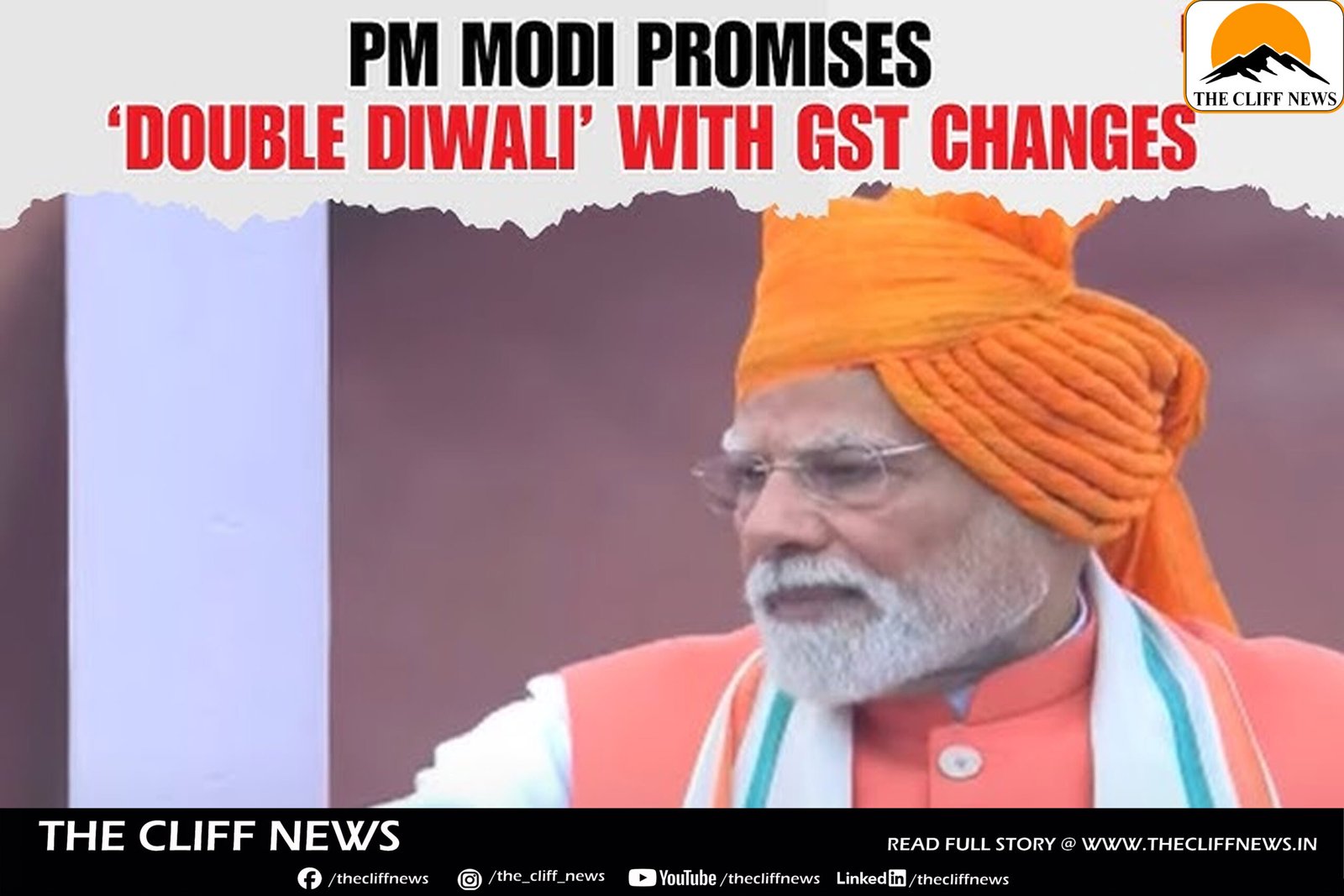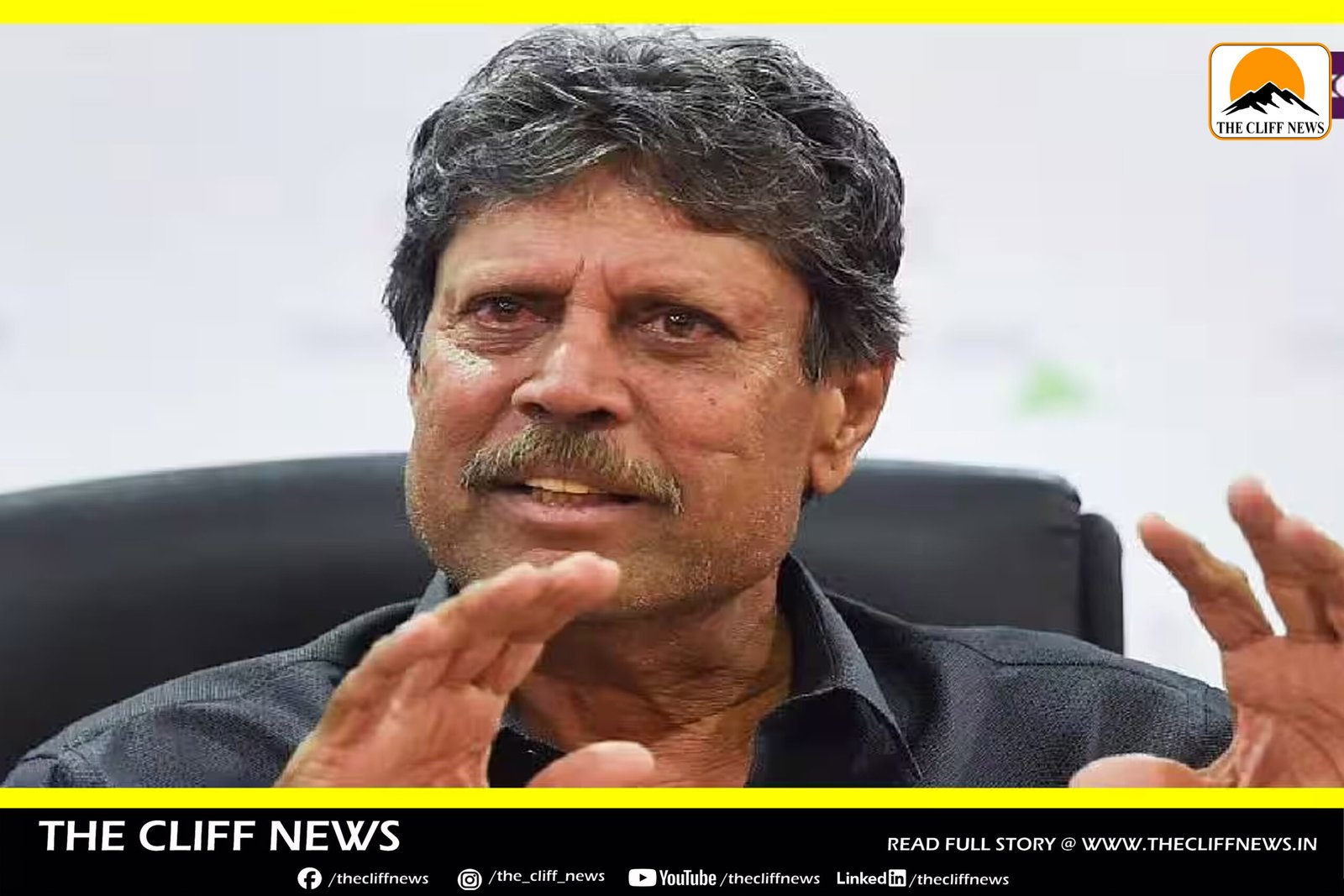Prime Minister Narendra Modi, in his first major address since the United States imposed steep 50 per cent tariffs on Indian goods, vowed on Friday to build a “self-reliant India” and unveiled a series of tax and regulatory reforms aimed at boosting businesses and supporting the middle class.
Speaking at Delhi’s Red Fort on the 78th anniversary of India’s independence, Modi refrained from directly mentioning the escalating trade rift with the US but used strong nationalist rhetoric to promise reduced reliance on imports, from semiconductor chips to fighter jet engines. Dressed in an orange turban and a scarf in the tricolour, he declared, “By the end of this year, ‘Made in India’ semiconductor chips will be available in the market.”
The prime minister announced “next-generation GST reforms” by October, intended to benefit middle-class taxpayers and simplify the goods and services tax framework. He also revealed the formation of a dedicated “task force for next generation reforms” to cut compliance costs, reduce arbitrary legal actions, and streamline laws to improve the ease of doing business.
The US, under President Donald Trump, initially levied a 25 per cent tariff on Indian goods from July 1, then doubled it to 50 per cent last week by adding a secondary tariff on purchases of Russian oil — a move Washington says indirectly supports Moscow’s war in Ukraine.
While officials had signalled Modi would avoid direct confrontation in his speech, he made a pointed reference to protecting India’s agricultural sector, saying, “India will never compromise when it comes to protecting the interests of our farmers. Modi will stand like a wall against any policy that threatens their interests.”
The tariff dispute has triggered the worst crisis in US-India relations in decades, with analysts noting that it has rekindled mistrust of the West among many Indians. C Raja Mohan, visiting professor at the Institute of South Asian Studies in Singapore, remarked that Modi must balance domestic political strength with pragmatic negotiations, adding, “Modi is telling his system to negotiate with the US in a pragmatic manner and find a solution.”
Commerce Secretary Sunil Barthwal confirmed on Thursday that India remains “fully engaged with the US in trade negotiations.”
The push for Atmanirbhar Bharat — a self-reliant India — has been a central theme of Modi’s economic vision, aiming to boost domestic manufacturing in sectors such as electronics, advanced batteries, fertilisers, and energy. While initiatives like Apple shifting part of its iPhone supply chain to India have shown progress, entrenched bureaucratic hurdles remain a challenge to rapid industrial growth.



